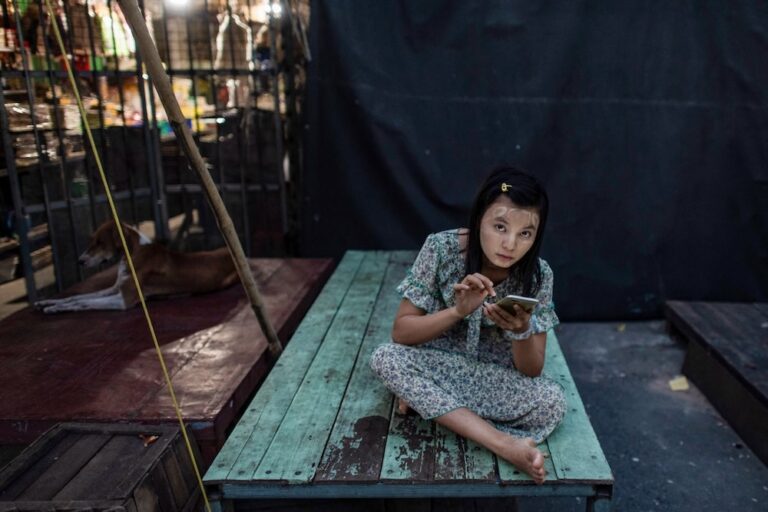The Southeast Asian Press Alliance expresses concern about hate speech coming from some members of the Burmese media and government officials following renewed violence in Rakhine state, and stresses the importance of a healthy media environment in addressing the conflict.
UPDATE from Reporters Without Borders: European Parliament urges Burma to respect right to information (14 June 2013)
(SEAPA/IFEX) – On 8 November 2012, SEAPA sent the following open letter to Myanmar President U Thein Sein expressing concern about hate speech coming from some members of the Myanmar media and government officials. But rather than recommending a media clampdown, SEAPA insists that supporting media freedom is a better way to finding durable solutions to the conflict.
OPEN LETTER:
8 November 2012
His Excellency U Thein Sein
President of the Union of Myanmar
Naypyidaw, Myanmar
Your Excellency,
The Southeast Asian Press Alliance (SEAPA) writes to express our deep concern towards renewed violence in Rakhine state involving majority Arakan and minority Rohingya populations, and more particularly on the messages of racism, xenophobia and incitement to hatred coming from some elements of the media and top officials of the Myanmar government.
Beyond the immediate cross-border implications of Rohingyas trying to escape the violence into neighbouring countries, the rest of the region also shares similar tensions and is keenly observing how your government is handling this conflict. Additionally, as a regional network of media freedom advocates, SEAPA is closely watching these developments which are happening amidst increasing space for media freedom in the country. The violence is posing considerable challenges to the Myanmar media, which must handle the sensitive information related to the situation with less restrictions that they have been used to, including the lifting of pre-publication censorship.
That violence resurged two weeks ago is a sign that addressing these disturbing messages, alongside other conflict management efforts, is of paramount importance in terms of finding durable solutions to the conflict.
In this context we have observed that some journals have given space to misinformation and views that propagate discrimination and intolerance, which only serve to, at the very least, sustain the tension and volatility in affected areas and among affected peoples. More dangerously, some public officials, both through the media and informally through social media, have also signified partiality towards one side of the conflict, which we fear may be taken to imply or influence government’s position on the issue. As a consequence, those who express diverse and opposing views, either in the media or outside of it, face potential harm; and it instils fear among the public in debating the issue.
While these expressed partisan opinions may not be immediately classified as direct incitement to violence or hostility, they feed on popular misunderstanding and prejudices and foster discrimination that serve to deepen polarisation and conflict.
Despite this, we would like to make it clear that we do not want to advocate for any restrictive measure that would hamper the work of the media or curb rights to freedom of expression in Myanmar. We firmly believe that only a free media will make critical contributions in addressing this conflict.
Thus, we would like to emphasize that the role of the media and public officials in contexts such as this is to lead in fostering a sober, critical and robust exchange of opinions, towards finding concrete and durable solutions based on respect for human rights of all parties involved.
We thus call on Your Excellency to:
* Take a strong stand denouncing racism and incitement by all public officials and in the media;
* Encourage a healthy media environment that is enabled to report on the issues as freely, critically, accurately and fairly as possible; and
* Ensure the safety and protection of the media workers to freely cover the conflict in Rakhine State.
We thank you very much for taking our concerns and recommendations into consideration, towards fostering media freedom in Myanmar.
Sincerely,
Gayathry Venkiteswaran (Ms.)
SEAPA Executive Director
Cc: U Aung Kyi, Minister of Information; Members of the Provisional Myanmar Press Council; Daw Aung San Suu Kyi, opposition leader


